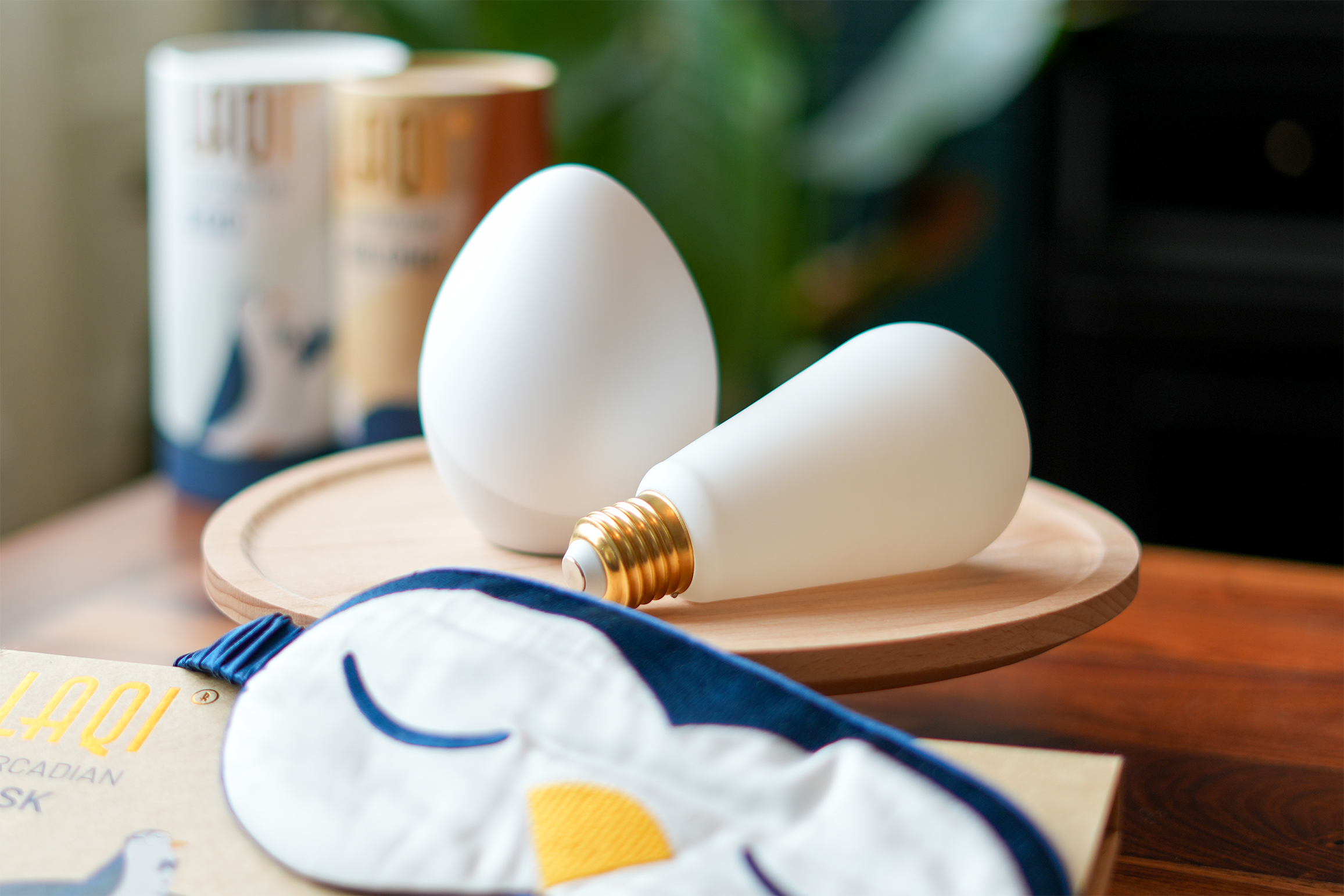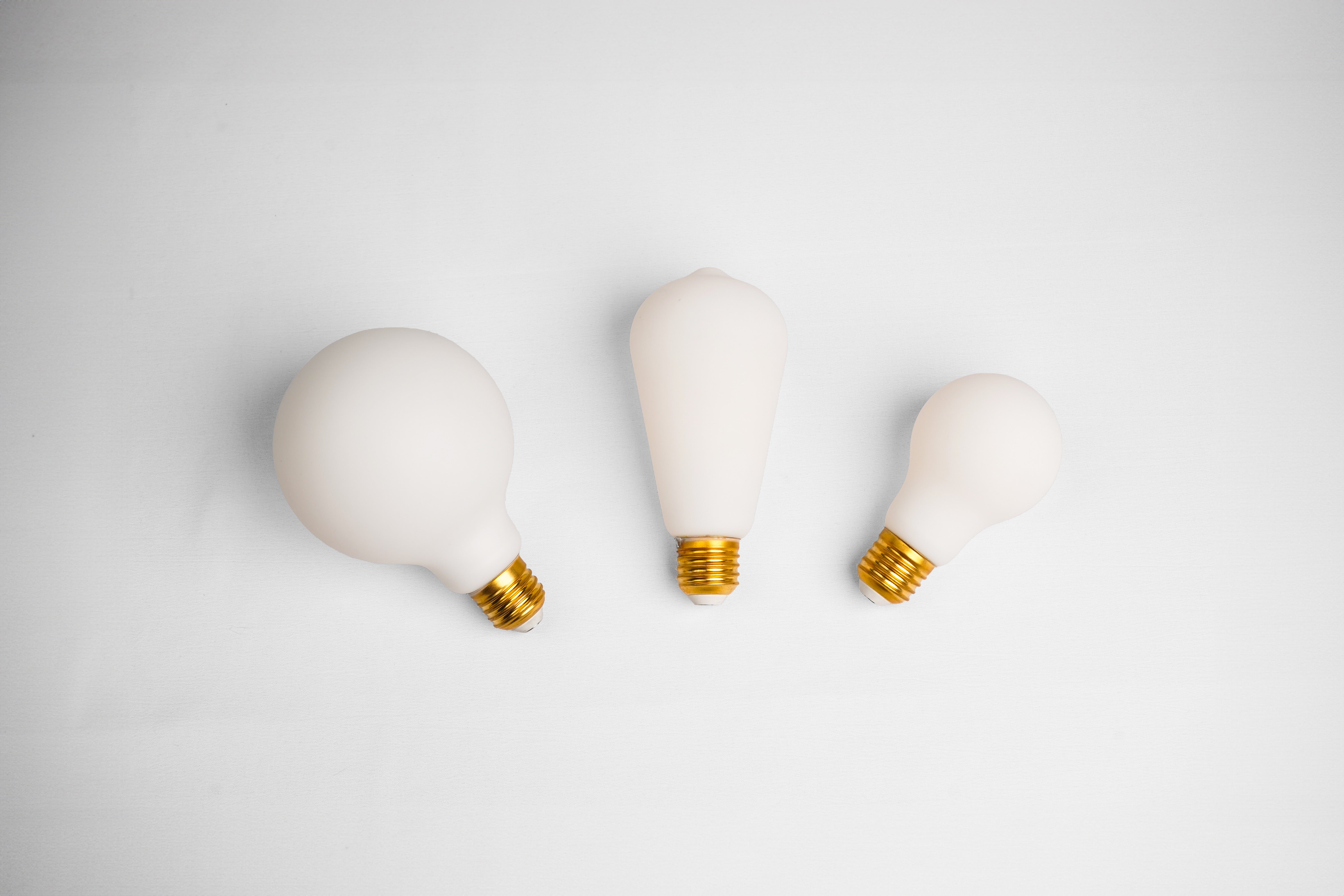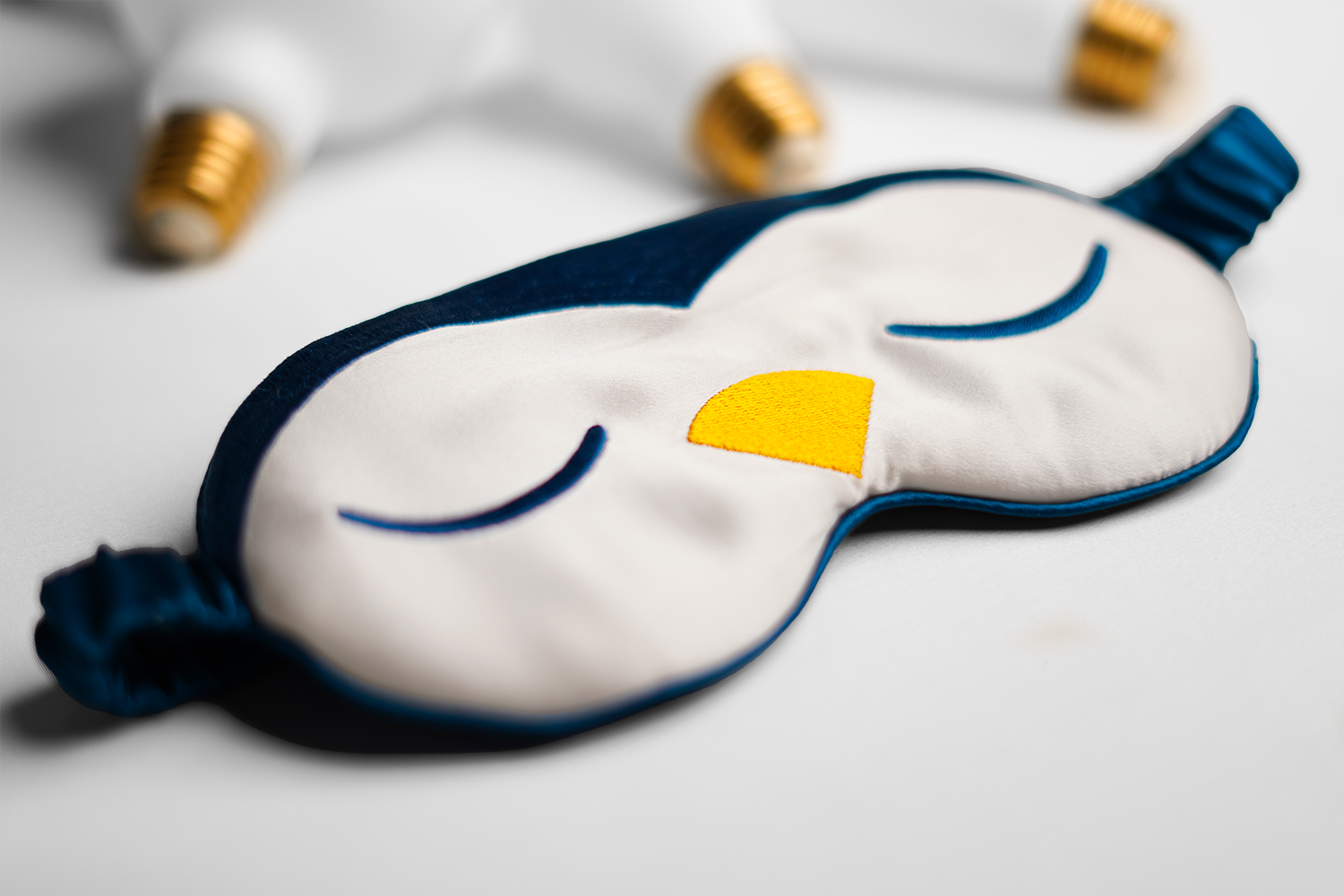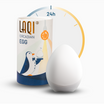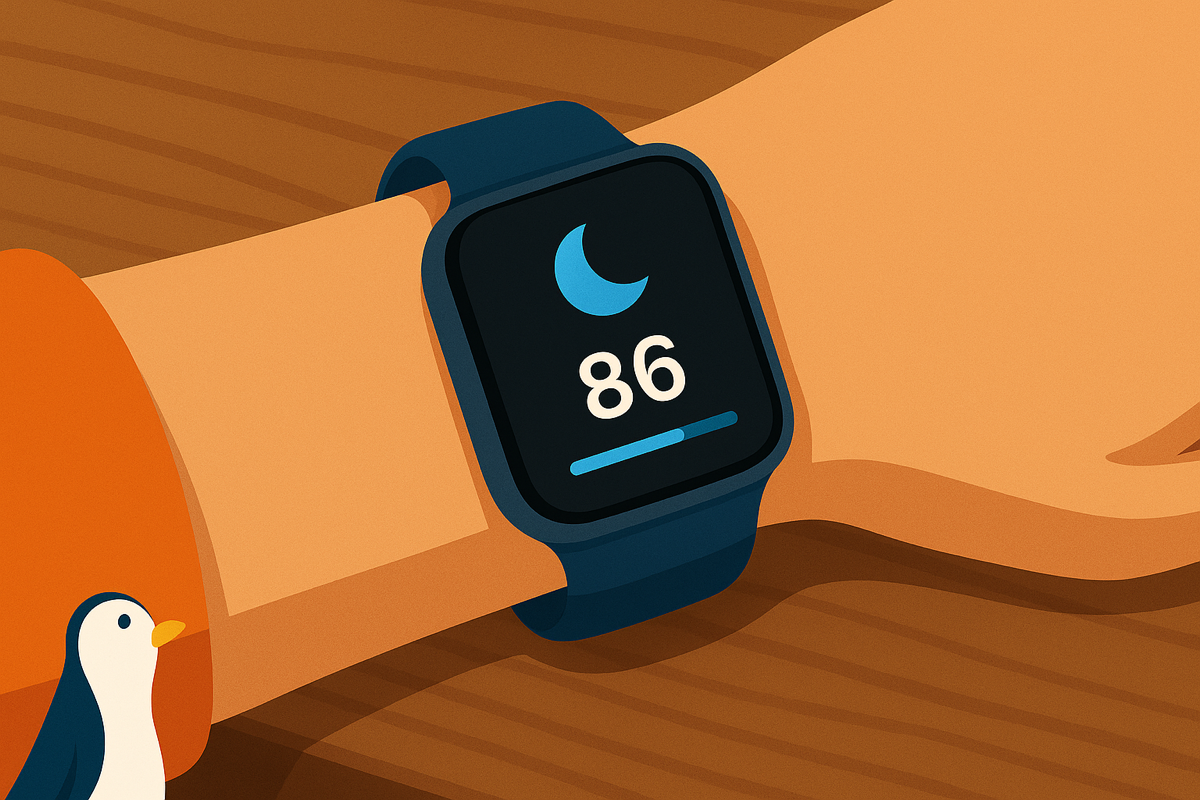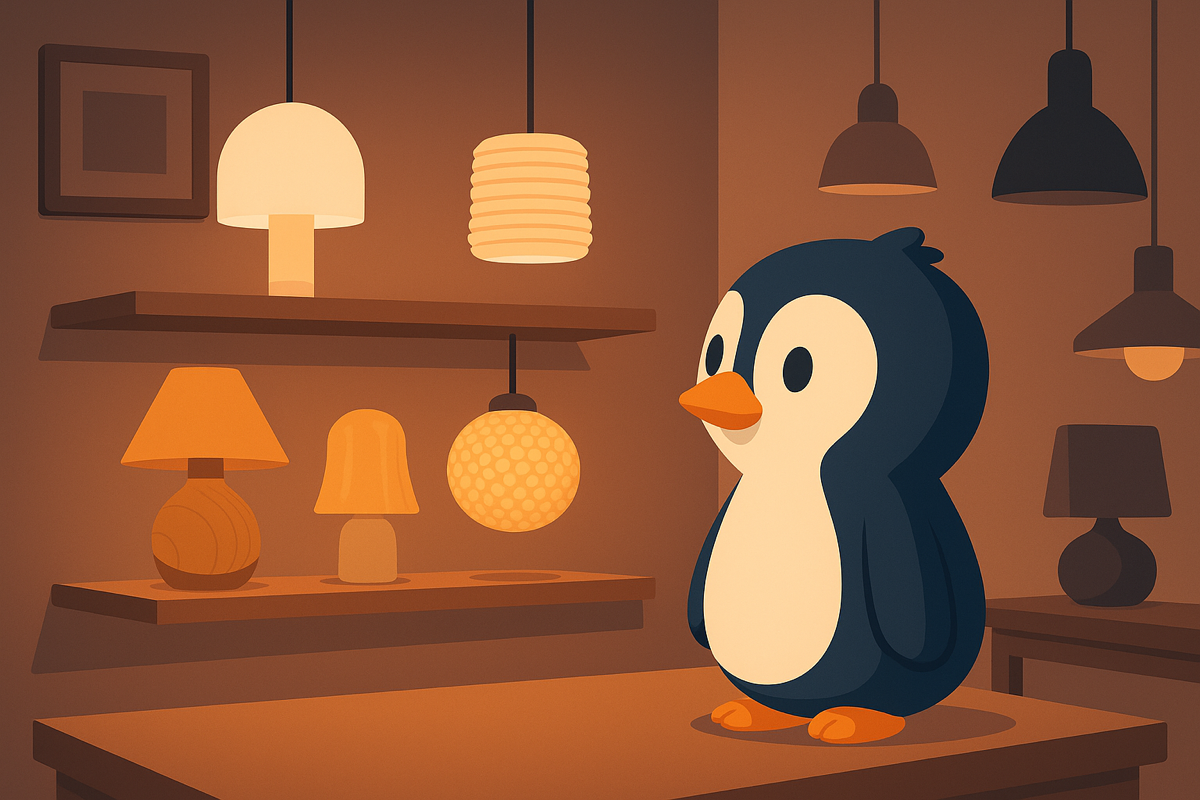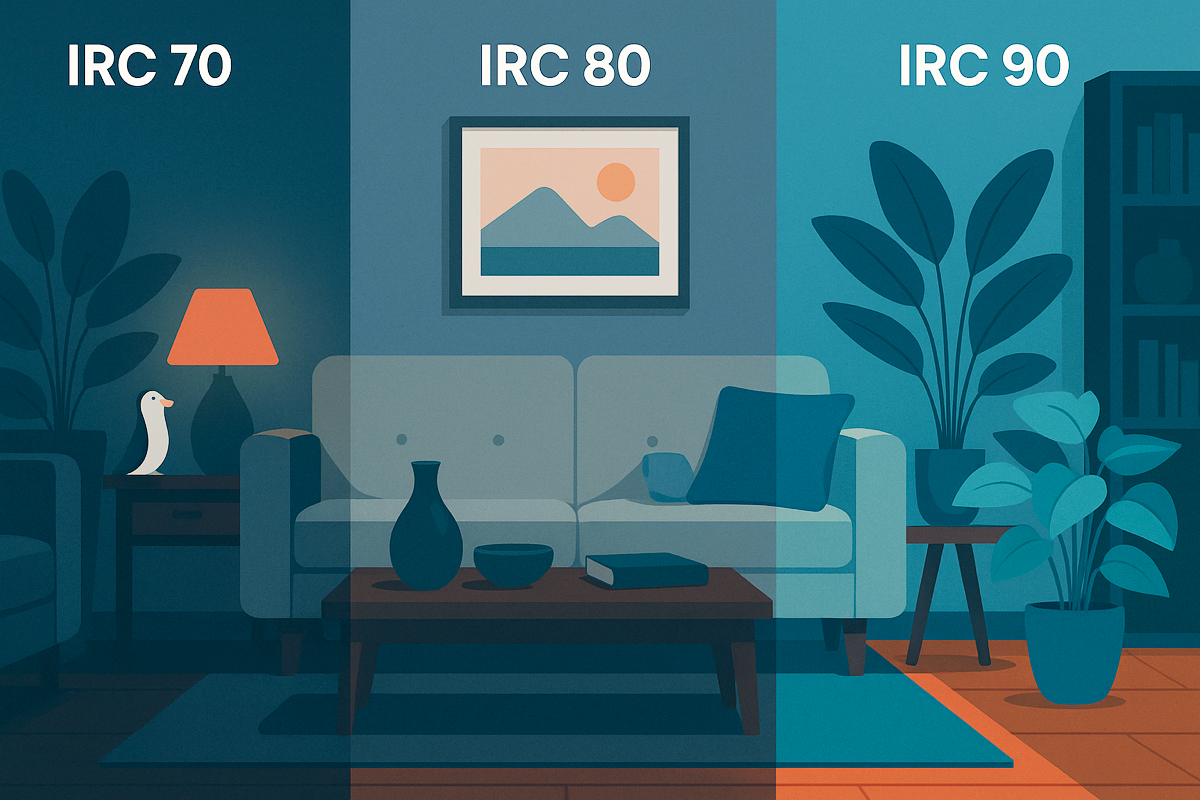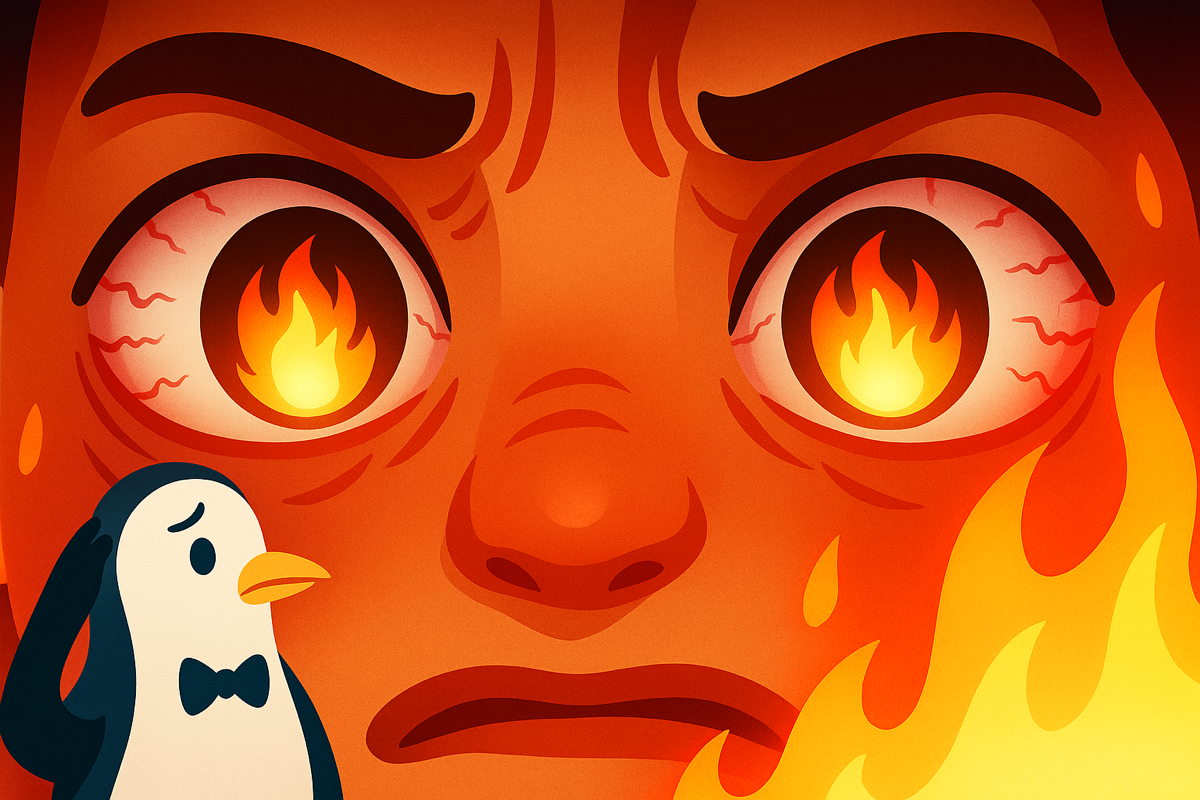Reading time: 5 min
In short:
Tracking your sleep may seem like a no-brainer. But over-tracking your sleep can sometimes make it worse. Smartwatches help... up to a point. And their reliability is often overestimated.
📌 Summary
1. What these watches really measure
Sleep monitors use an accelerometer and sometimes a heart rate sensor to estimate your sleep stages. But they don't directly measure brain activity, as an electroencephalogram (EEG) would. As a result, they rely on indirect, sometimes misleading, clues.
A quiet sleep is not necessarily deep. And a night with little movement is not necessarily restorative. These tools offer a useful approximation, but their accuracy varies greatly. Some studies show error rates of 20 to 40% in detecting deep or REM phases.
2. When sleep tracking creates stress
By trying to optimize everything, we can quickly fall into excess. This phenomenon has a name: orthosomnia. It's the obsession with wanting to "sleep well" at all costs, often fueled by the numbers displayed on our watch or app.
The paradox is that the more we focus on our sleep score, the worse we sleep. The pressure to "get a good night's sleep" creates anticipation, worry... and therefore insomnia. Sleep is a passive state: wanting to control it at all times is going against its nature.
3. Orthosomnia, the disease of good students
This disorder particularly affects people who are attentive to their health. Those who eat well, exercise, and stay informed. But their desire to control everything can become counterproductive. The brain associates bedtime with a performance goal. It then triggers vigilance... when it should be letting go.
The paradox? The obsession with perfect sleep often undermines a key, overlooked factor: light exposure. It's light that tells our internal clock when to slow down. A watch can measure, but not resynchronize. Good light can.
What if we got back to a natural rhythm?
Tracking your sleep can be useful from time to time. But the key is to find a consistent, simple, and reassuring cycle. Here's what really makes the difference:
- Create a low-screen evening routine
- Favor warm, low-intensity light
- Accept the imperfect nights, they are part of the cycle
Laqi circadian bulbs accompany your body throughout the day, signaling to your brain when to slow down, without needing to monitor you during the night.
💬 FAQ
Are sleep watches reliable?
They provide a trend, but not a medical measurement. Their data are useful if viewed with perspective.
Should we stop using them?
No, but use them occasionally, and don't rely on them blindly. Feeling remains the best indicator.
Does light influence the quality of sleep?
Yes. It's actually the number one factor in synchronizing your internal clock and promoting natural sleep.
What if we slept without judging ourselves?
Your sleep doesn't need notes. It needs clear cues, just the right light, and a little letting go. Rest begins there.
